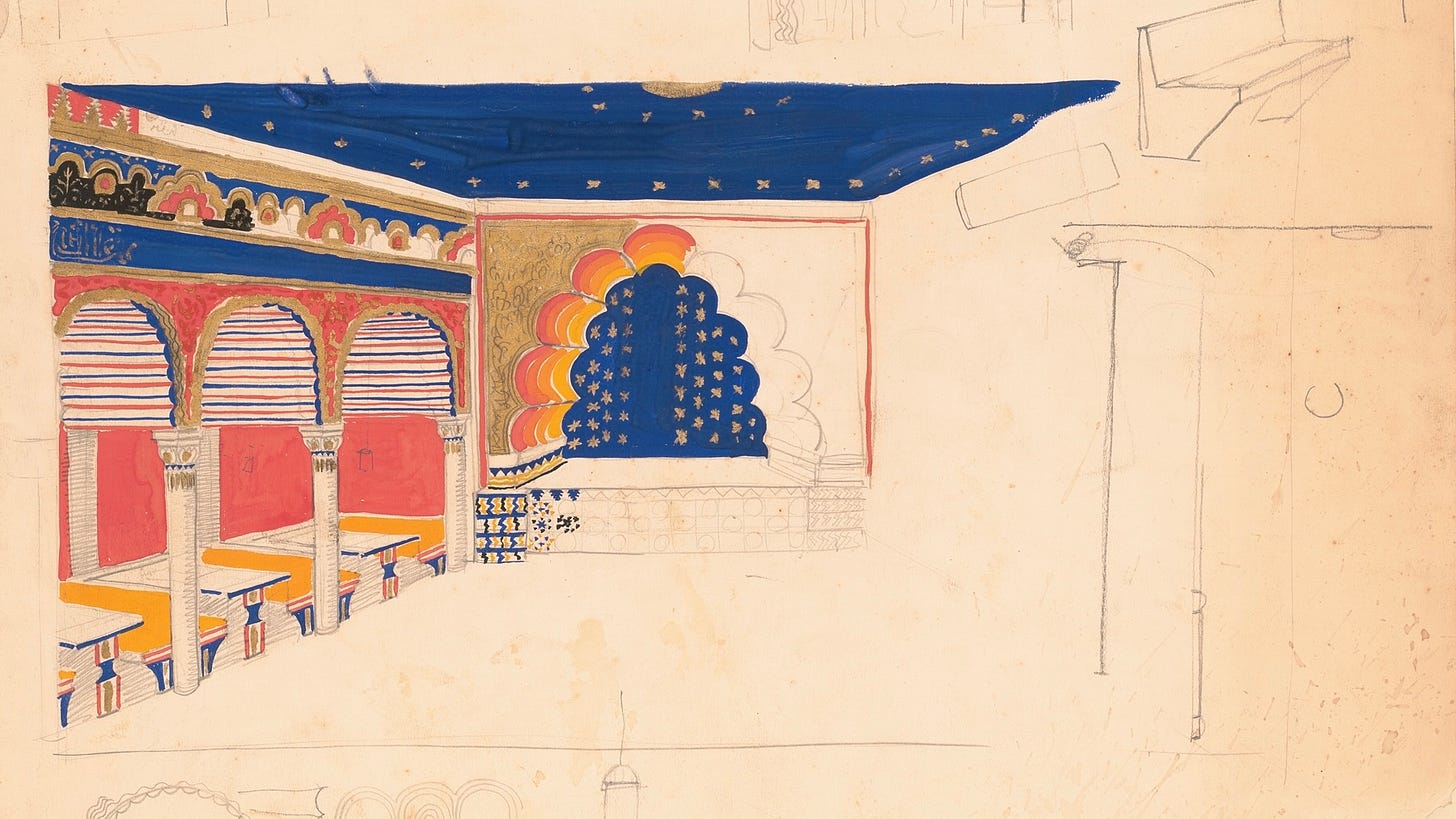The term “post-empire” was coined by the writer Bret Easton Ellis in 2011. It enjoyed a brief moment in the sun but quickly disappeared. Today, the playwright and novelist Matthew Gasda is back in our pages, to tell us why the idea deserves a second life. Now, more than ever, “post-empire” is the principle through which we can make sense of America.
— Santiago Ramos,…





